5 everyday habits that could be risking your eye health
Im the midst of diet, exercise and skincare regimes, we often forget about a crucial aspect of our health: our eyes.
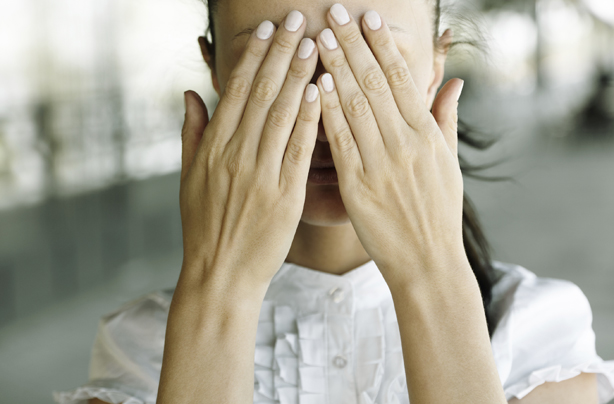
We all know taking care of ourselves is important, but in the midst of diet, exercise and skincare regimes, we often forget about an important aspect of our health: our eyes.
Your sight is one of your most valuable gifts, and many of us don't realise that we could be risking it with everyday habits that don't seem to be causing any damage. The effect on your eyes may not be instant, but could add up to real long-term problems.
Here are 5 common habits that could be causing eye problems, and how you can change your routine to prevent the damage.
You're sleeping in your make up

A new study conducted on behalf of Optegra.com showed that more than three quarters of British women (78%) are risking their eye health by sleeping in their make up. 67% said they never took their make up off after a night out, and 23% said they kept their make up on to maintain their attractiveness to a partner.
Rory Passmore, Managing Director at Optegra Eye Health Care, commented, 'Habits like forgetting to take off your make-up at night can cause horrific infections which have the potential to damage your eyes in the long run.' Even after a long day (or night out, as the case may be), you should still be removing all of your make-up before you hit the hay - not just for your skin's sake, but your eyes as well.
You're leaving your contact lenses in
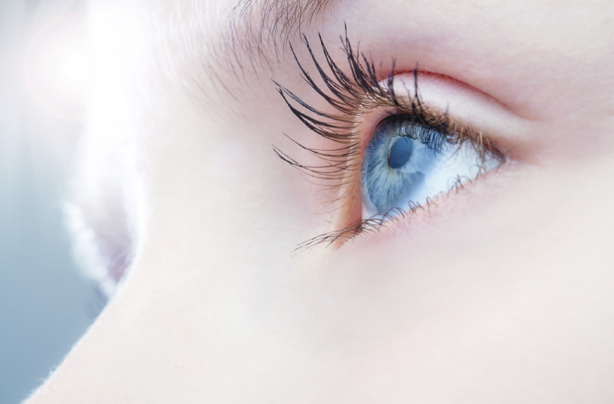
Similarly, leaving your contact lenses in either overnight or longer than the instructions state, or storing them improperly if you do take them out, can leave you at risk of eye infections and long-term damage.
Researchers from the New York University School of Medicine recently compared bacteria from the eyes of lens wearers and non-lens wearers, and found that lens wearers were more likely to have skin bacteria in their eyes - suggesting lenses change the eyeball environment to be more welcoming to all the infections that can survive on skin. Guidelines for safety depend on the type of lenses that you wear, but you should always follow manufacturer's instructions and clean your lenses and cases frequently.
GoodtoKnow Newsletter
Parenting advice, hot topics, best buys and family finance tips delivered straight to your inbox.
You're not wearing sunglasses
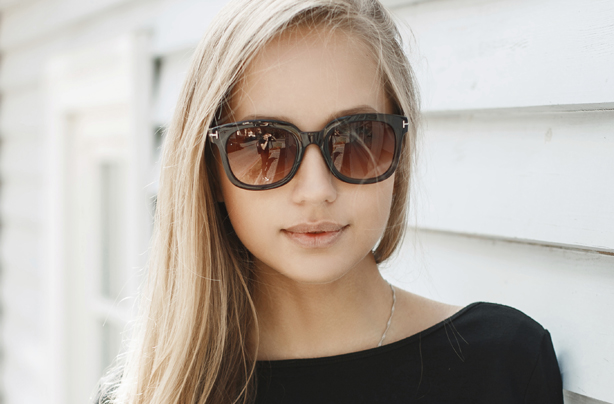
'Not wearing sunglasses when it is required also has a hugely detrimental effect on your long term eye health. UV rays are incredibly powerful and should not be underestimated,' says Rory. According to the Skin Cancer Foundation, the most dangerous rays of sunlight can cause cataracts, eyelid cancers and other skin cancers, and are believed to play a part in macular degeneration, a major cause of vision loss for people over age 60. Believe it or not, your eyes really can get sunburned too.
To keep your eyes safe and still enjoy the sunshine, the NHS recommended avoiding looking directly at the sun, wearing a pair of sunglasses with wraparound lenses and accessorising with a wide-brimmed sunhat to protect as much of your fact as possible.
You're not taking screen breaks
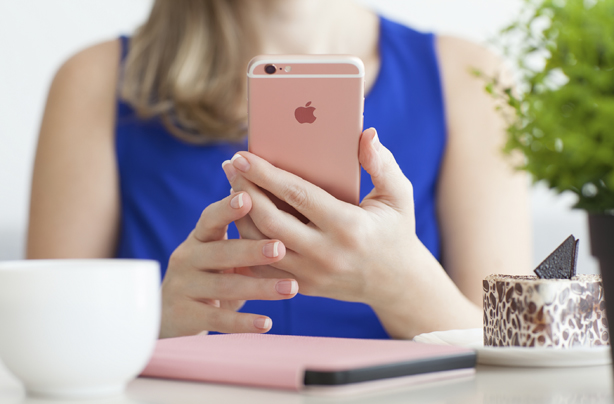
From working at a computer to scrolling through social media to watching TV on your tablet, modern life generally requires us to spend a lot of time staring at screens. We're not saying you have to give up your iPhone altogether, but with the Vision Council finding that screen exposure increases your chances of eye strain, headaches, blurred vision and dry eyes, you should know when it's time to take a break.
Specsavers suggests regularly looking away from your computer screen and focusing on distant objects instead - for instance, taking a minute to stare out of the window. 'Looking far away relaxes the focusing muscle inside the eye, which in turn reduces eye fatigue,' they explain. You should also reduce any glare on your screen where possible, step away for frequent breaks, and schedule regular eye test appointments too.
You're not eating healthily
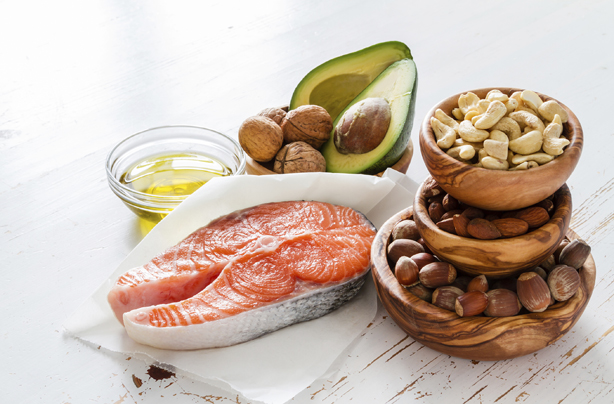
A healthy diet and workout regime is important for all aspects of your body, but there are certain foods that are especially good for your eyes. You've probably known about the benefits of the beta-carotene in carrots since childhood, but eggs, leafy greens, berries, nuts and oily fish all pack a serious nutrition punch to boost your peepers as well.
At the other end of the spectrum, a side effect of eating unhealthy foods is often weight gain, and this can have an impact on your eye health too. The Royal National Institute of Blind People points out that 'some of the health complications of being overweight can cause problems that can affect your sight. These include retinal vessel occlusions, diabetic eye problems and eye conditions related to stroke.' Reducing your bodyweight to a healthy level can improve not only your general health by your eye health too.
Trusted, informative, and empathetic – GoodToKnow is the ultimate online destination for parents. At GoodtoKnow, our mission is 'simple': we're trying to make sense of parenthood. On the site, you'll find everything you need for a happy, healthy family life. Our huge archive of content includes more than 18,000 articles and 1,500 how-to videos. These include expert-backed advice features on parenting, dealing with relationship changes after having a baby, self-care for mums and managing your family finances. We also feature tried-and-tested product reviews and buying recommendations for every stage of family life - from prams and Moses baskets to birthday gifts and top toys.